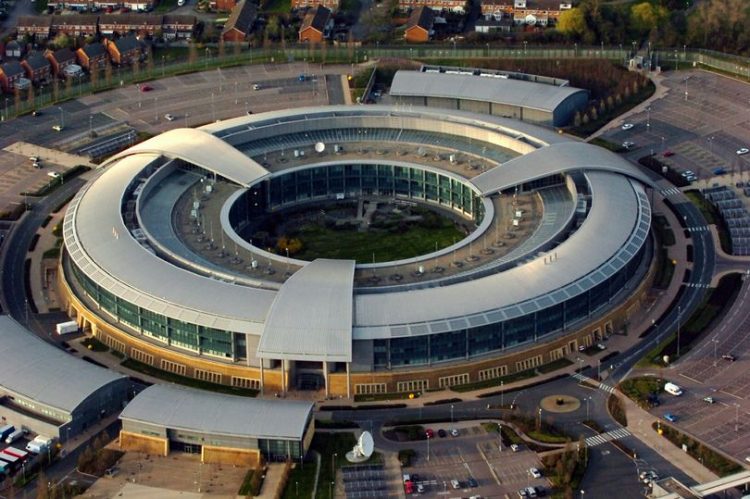Britain’s GCHQ spying agency violated fundamental human rights of a large population by intercepting their communications, the European Court of Human Rights has ruled, doubling down on revelations by securiry whistle-blower Edward Snowden.
Snowden, a former U.S. National Nntelligence contractor, leaked classified evidence that showed the GCHQ and the U.S. National Security Agency were intercepting vast amounts of communications from across the world, including on their own citizens.
The Strasbourg-based Euroepqn Court court ruled Tuesday that the UK government violated the right to respect for private and family life communications and the right to freedom of expression.
The regime through which the communications data was collected from service providers also violated human rights, even though it did not view the bulk interceptions illegal by nature.
The case, known as “Big Brother Watch and Others vs. the United Kingdom,” was brought by civil liberties campaigners including Big Brother Watch and Amnesty International.
“This judgment confirms that the UK’s mass spying breached citizens’ rights to privacy and free expression for decades,” said Silkie Carlo, director of Big Brother Watch.
“We welcome the judgment that the UK’s surveillance regime was unlawful, but the missed opportunity for the Court to prescribe clearer limitations and safeguards means that risk is current and real.”
The British government defended the bulk interception, saying it was critical for national security.
The court said it saw no violation of rights by requests for intercepted material from foreign intelligence agencies.


















